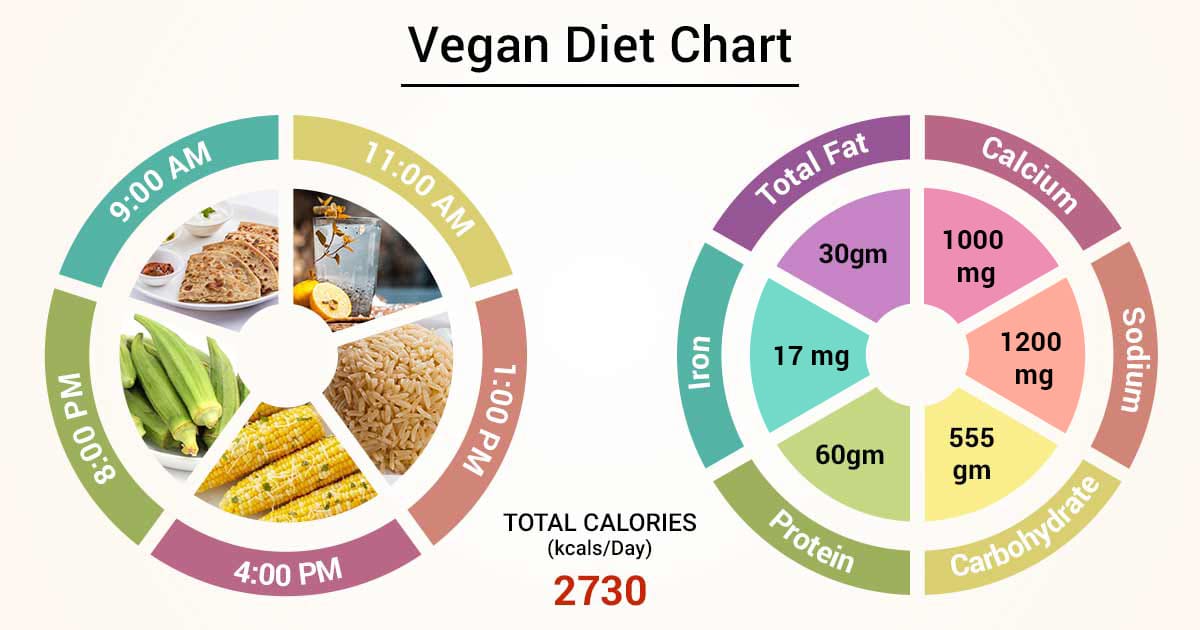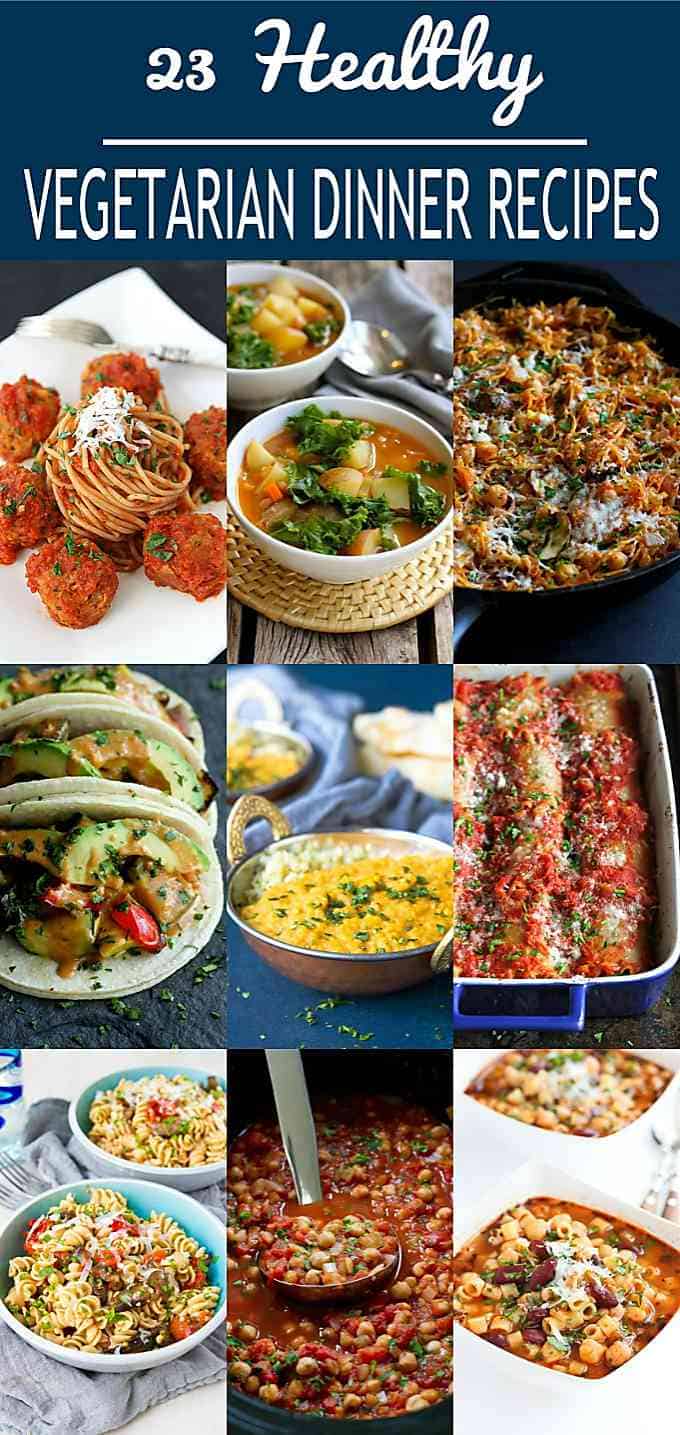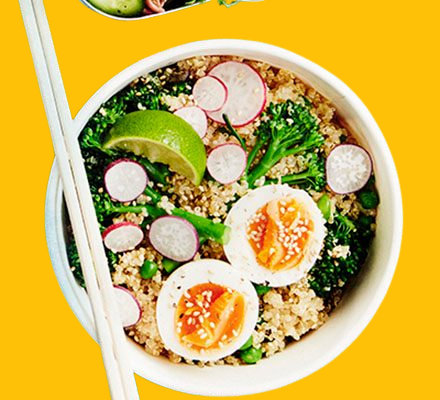Plant-based diets can be an excellent way to cut back on meat, dairy and eggs consumption. While vegan healthy meals might seem restrictive and boring, they can actually be delicious and packed with nutrition.
These vegan-friendly breakfast, lunch and dinner recipes will keep your diet on track. Packed with vegetables, legumes and whole grains – which provide essential sources of vitamins, minerals, fiber and phytochemicals.
Vegetables and Fruits
Vegetables and fruits are an integral component of a nutritious meal, packed full of fiber, enzymes, vitamins, and minerals that support body functions while warding off nutritional deficiencies.
Vegetables make an ideal addition to breakfast, lunch or dinner menus and can be found anywhere from salads, stir fry dishes and soups to curries and stews. Dark-green leafy veggies such as kale, collard greens, spinach and Swiss chard provide particularly high amounts of calcium.
Vegans rely heavily on fruits to balance blood glucose levels and support weight loss. Not only are fruits loaded with the right kind of sugars and carbohydrates, they’re also packed with fibre and vitamins that can keep you feeling satisfied for longer.
Nuts and seeds are also an essential component of a vegan diet, providing both essential healthy fats and proteins. Almonds, walnuts, cashews, pistachios and pepitas are among the many delicious choices available to them.
Beans and Nuts
Beans and nuts are excellent choices to help maintain a nutritious vegan diet, providing fiber, protein, and antioxidant benefits.
Nuts and seeds are easy to prepare and offer an abundance of essential omega-3 fatty acids, but can be high in calories; for maximum health benefits choose an ounce serving raw or roasted without added sweeteners or salt.
Nuts provide satisfying energy sources with around 200 Calories in just an ounce, thanks to proteins and fats found within each variety. Nuts make an ideal snack due to their satisfying, energy-rich nature.
Pistachios, almonds, walnuts and cashews are among the most frequently encountered types of nuts; other varieties may include pine nuts and Brazil nuts.
Whole Grains
Whole grains are an ideal way to increase both protein and fiber consumption in a vegan diet, not to mention being rich in vitamins, minerals, and antioxidants.
There are various varieties of whole grains, such as quinoa, barley, wheat, buckwheat millet oats oats rice bulgur corn rye and wheat berries that can be ground into flour to make bread pasta and other products.
Refined grains on the other hand have been stripped of all their natural vitamins and minerals, leaving an inedible product without their original nutrients. Furthermore, refined grains have higher sugar and fat contents than unrefined whole grains.
As part of a nutritious vegan diet, whole grains should form part of each meal. From salad bases and grain bowls to sandwiches and wraps, cooked whole grains provide the ideal blend of proteins and healthy carbs that vegan diets need to stay on track.
Dairy Alternatives
Dairy alternatives can provide a nutritious variety of dishes to enjoy on a vegan diet, from milk and cheese products, spreads, to even ice cream!
Butter, for instance, is an iconic dairy product commonly used in baking. There are various alternatives on the market which offer similar taste and texture as traditional cow’s butter.
Yogurt is another delicious way to reduce dairy intake. They come in an assortment of flavors – from sweet strawberry to decadent chocolate!
Plant-based dairy alternatives boast high levels of protein, calcium and vitamins compared to their dairy-based counterparts, making them an excellent way to supplement any diet while being suitable for people who may be sensitive to animal-derived ingredients like dairy. They are an especially good option for people who suffer from food allergies.




